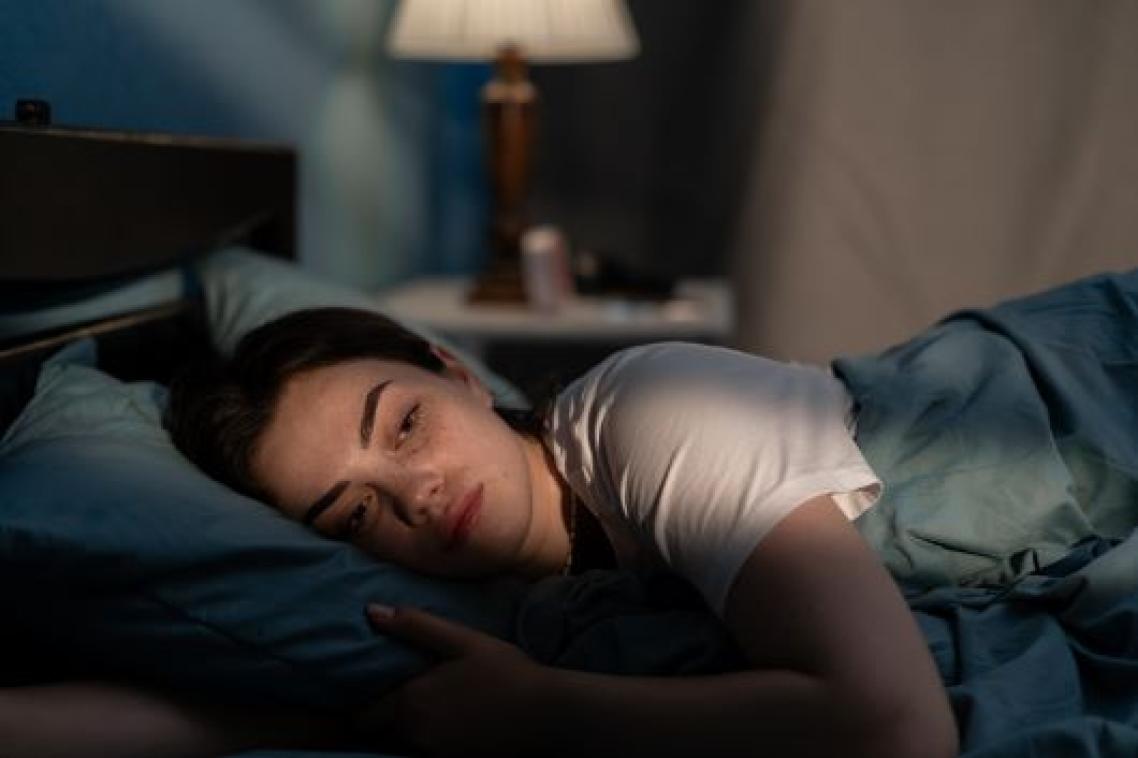70% of Australians with depressive disorders not getting adequate treatment

Researchers have found 70 per cent of Australians diagnosed with major depressive disorder are not receiving even the minimal treatment necessary.
A University of Queensland-led team analysed data for 204 countries and territories, to assess global access to adequate mental health care.
Dr Damian Santomauro from UQ’s School of Public Health and the Queensland Centre for Mental Health Research said the aim was to understand how many people with depressive disorders worldwide were receiving adequate care.
“In 2021, 30 per cent of Australians with a major depressive disorder received minimally adequate treatment,” Dr Santomauro said.
“High-income regions showed the highest rates of adequate mental health treatment, but still quite low at 27 percent and only 7 countries had rates that exceeded 30 per cent.”
Minimally adequate treatment for major depressive disorders is defined as at least one month of medication in addition to 4 visits to a doctor or 8 sessions with a professional.
In 90 countries, adequate treatment was below 5 per cent with the lowest rates in sub-Saharan Africa at only 2 per cent.
“Globally, only 9 per cent of people with major depressive illnesses received the minimal treatment necessary,” Dr Santomauro said.
“There was a small gender discrepancy with females (10.2 per cent) having higher rates than males (7.2 percent).”
Psychiatrist and School of Public Health researcher Professor Harvey Whiteford said many people with depression need more than minimally adequate treatment.
“Effective treatments are available and with the right treatment, people can fully recover,” Professor Whiteford said.
“Without treatment the suffering and impairment from the depression can be prolonged and negatively affect relationships, work and education.
“In mental health funding and evaluation, we need to focus on the quality and duration of treatment, as well as measuring access to care.”
Dr Santomauro said the findings support the World Health Organization's Comprehensive Mental Health Action Plan 2013–2030, which aims to increase mental health service coverage by at least 50 per cent by 2030.
“Highlighting locations and demographic groups who have the lowest treatment rates can guide prioritising areas for intervention and resource allocation,” Dr Santomauro said.
“The data provides a baseline for tracking progress to improve treatment for major depressive disorders.”
The study involved researchers from the University of Washington, the World Health Organization and Harvard University.
The research was published in The Lancet Psychiatry.
Media contact
Faculty of Health, Medicine and Behavioural Sciences
hmbs.communication@uq.edu.au
+61 412 307 594
Topics
Related articles

Walking exoskeleton trial keeps people with MND moving

Research proves life-saving frozen blood platelets safe to use
Media contact
UQ Communications
communications@uq.edu.au
+61 429 056 139
